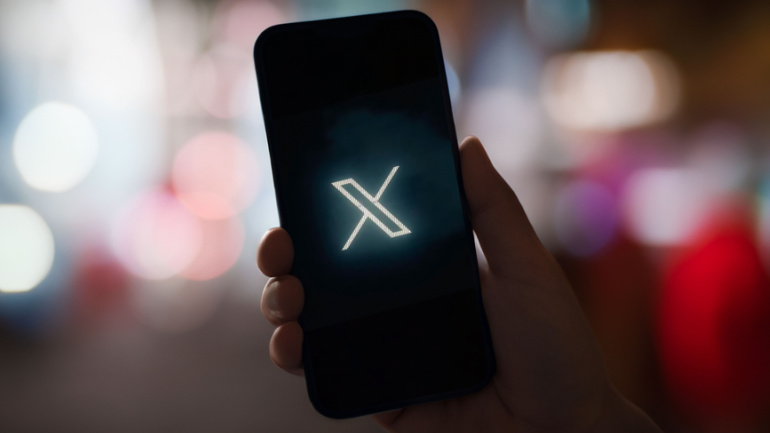Telinta, a global leader in white label cloud-based switching and billing solutions, today announced the addition of new capabilities to its unique Virtual Office solution. Virtual Office is Telinta’s award winning Hosted PBX solution enabling VoIP service providers to offer highly customizable services to small and home-based businesses. Virtual Office users can customize their own personal VoIP solution by navigating through brandable self-service web portals, selecting the features and capabilities they need.
Browser extensions, hailed for their convenience in enhancing online experiences without leaving the tab, are not without their risks. Google Chrome has taken a significant step towards mitigating these concerns with the impending release of Chrome 117.In an informative blog post by Chrome Developers, Google announced that the upcoming Chrome 117 version will introduce a feature to inform users when an extension they’ve installed becomes unavailable in the Chrome Web Store.
Witness the transformation of UK’s iconic red phone boxes as telecommunications giant BT empowers local communities to repurpose disused kiosks into practical assets. Adoptions through BT’s programme have evolved phone boxes into life-saving defibrillator stations, libraries or mini art galleries. As these kiosks brace for their centenary, BT gears up to offer a thousand more, sparking a fusion of tradition with communal ingenuity.
A recently conducted study on ChatGPT, a popular AI chatbot, unveiled a political bias in its responses. A group of researchers from UK and Brazil noted a discernible left-leaning orientation, shaping an unexpected narrative. This raises questions about AI’s impartiality in conveying content, and signals the need for stricter scrutiny and regulation. As AI increasingly guides our informational insights, maintaining neutrality in its delivery becomes crucial for preserving integrity, particularly in electoral processes.
As mobile operators grapple with record levels of international roaming traffic, they are faced with intricate wholesale roaming partnerships. Syniverse’s Senior Director, William Oliver, sheds light on intricacies surrounding such relations, mainly due to time-consuming discount calculations. Oliver proposes ‘multilateral netting’ as a solution to streamline cash flow and decrease workloads, taking into account not just roaming bills, but a variety of other payments.
In an unexpected turn of events, users have experienced noticeable delays in their connections from X, formerly known as Twitter, to prominent online platforms including Facebook, Instagram, Bluesky, Substack, Reuters, and The New York Times. This five-second lag, discovered by The Washington Post, has sparked concerns and discussions about the impact of even the slightest online slowdowns.
Leading tech research institution Omdia, a division of Informa Tech, has introduced the Channel Partner Strategies Intelligence Service, a market research solution tailored to channel-oriented vendors and tech suppliers. This innovative service aims to expedite growth and provide a comprehensive understanding of the pivotal trends influencing the tech domain. With a special emphasis on the changing technology consumption landscape due to the evolution of managed services, the service also delivers insights into emerging solution providers.
Transferring 5G workloads to the public cloud is proving slower than expected, leading financial firm Dell’Oro to adjust its growth predictions for 5G standalone (SA) solutions down. Despite this, a growth rate of 65% over five years is still anticipated. However, the slow adoption of 5G SA by mobile network operators and enterprises has led to a cautious approach. Hyperscale cloud providers look set to hold just 6% of total market revenue in the next five years, underscoring the remaining untapped potential in the 5G SA market.
Imagine assembling an intricate Lego structure – that’s precisely what building next-gen telecommunication networks feels like. Networks giant Cambium offers unique ‘Lego-like’ solutions that breathe life into the creative architectures planned by Internet Service Providers (ISPs). A spectrum of technologies encompassed by Cambium’s ONE Network – ranging from outdoor Wi-Fi access points to top-tier security – weaves a seamless tapestry from edge to cloud. But, it’s not all about gear and wires. Cambium’s technology is a fusion of robust security, user-friendliness, and high-grade end-user experience.
Infosys, a global leader in consulting and technology services, has entered into a significant €1.5 billion, five-year partnership with Liberty Global, a leading international telecommunications and entertainment company. The collaboration aims to deepen their ties across the realms of digital entertainment and connectivity.













